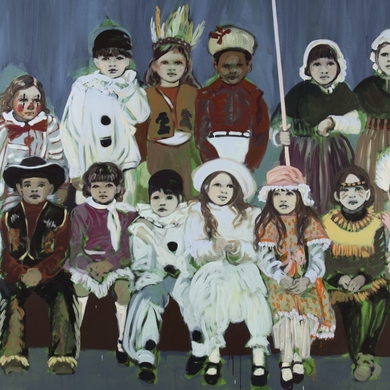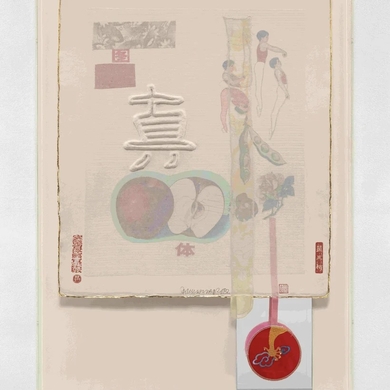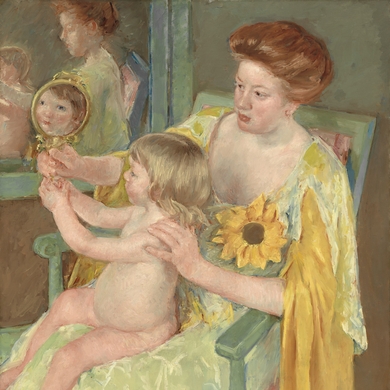Constantin Brâncuși did not sculpt like those around him. Born in Romania in 1876, the artist moved to Paris in 1904 but remained inspired by his country’s traditional folk art, which traced back to Byzantine times. Although Brâncuși studied under the French sculptor Auguste Rodin, he preferred to be more abstract in his representation of a subject. “A thing which would pretend to reproduce nature would only be a copy,” he said. “I am trying to get a spiritual effect.” This was not always understood or accepted by viewers. In 1920, members of the Salon des Indépendants in Paris rejected Brâncuși’s Princess X, seeing it as too phallic. More than 200 of the master’s sculptures, as well as photographs, drawings, archival materials, and a re-creation of the artist’s studio are on display in this exhibition. —Jeanne Malle
Arts Intel Report
Brancusi

Constantin Brâncuși in his studio, circa 1933–34.
When
Mar 27 – July 1, 2024
Where
Etc
Photo: Centre Pompidou



